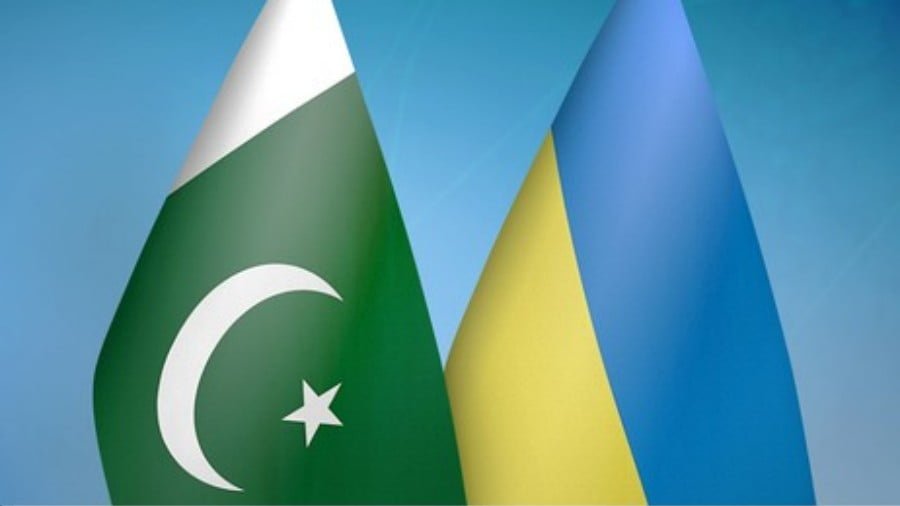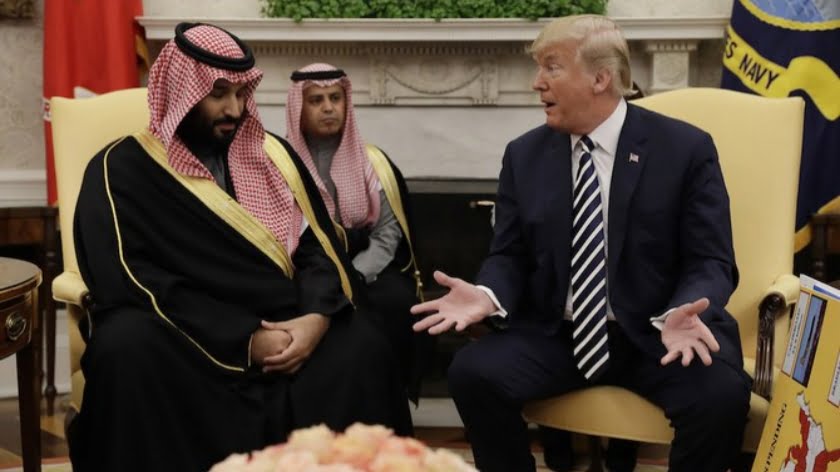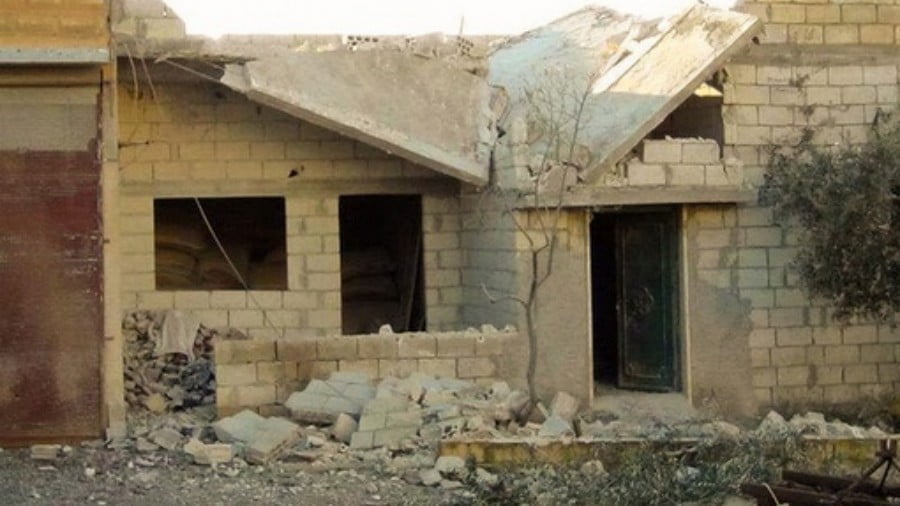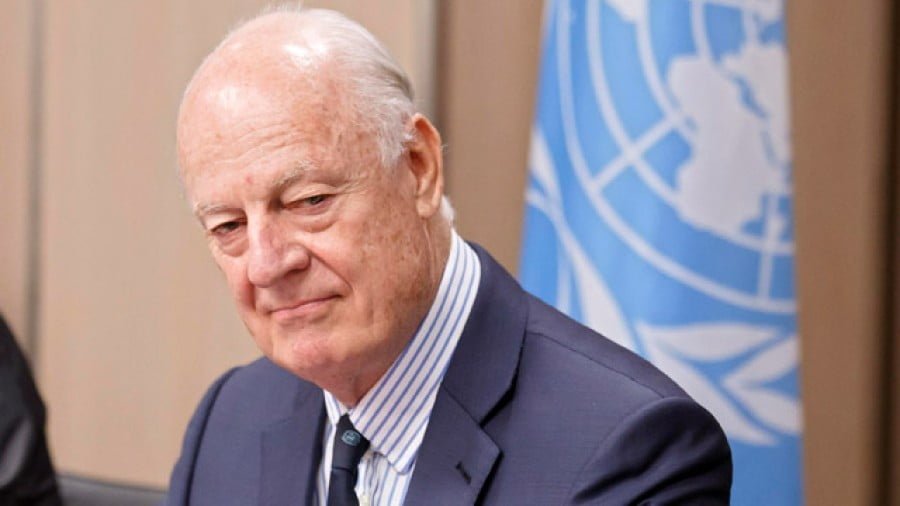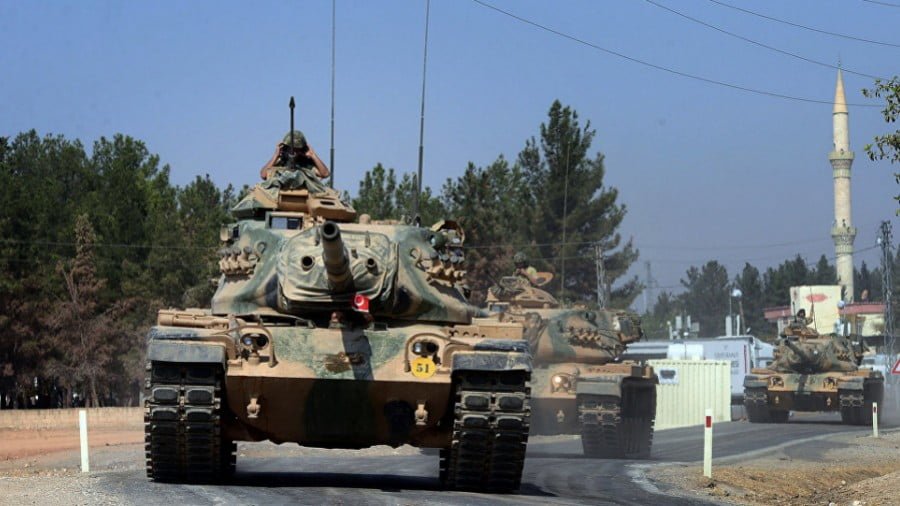Are Pakistani-Ukrainian Relations Problematic for Russia?
Pakistani-Ukrainian relations, and in particular the possible impact that Islamabad’s observance of the Sea Breeze 2021 exercises might have on its ties with Moscow, are a non-issue for Russian-Pakistani relations.
There’s been some discussion on social media in recent days about whether Pakistani-Ukrainian relations are problematic for Russia. Those who regard them as such believe that Islamabad should keep Kiev at arm’s length considering that Foreign Minister Qureshi said during a call with his Russian counterpart last month that “relations with Russia are a key priority for Pakistan’s foreign policy.” They’re concerned that Russia might become suspicious of Pakistani strategic intentions, particularly its growing military cooperation with Ukraine, and that this might decelerate the pace of their ongoing rapprochement. Proponents of this interpretation are especially worried about Pakistan’s decision to observe NATO’s Sea Breeze 2021 exercises in the Black Sea.
These well-intended individuals’ views are understandable since they feel very strongly about the positive trajectory of Russian-Pakistani relations and therefore don’t want anything to offset this exciting geostrategic development. Nevertheless, there’s arguably nothing for them to be seriously concerned about. Pakistani-Ukrainian military cooperation chiefly concerns Islamabad’s arms procurement program and not the export of equipment to Kiev that could potentially tip the scales in its favor against Moscow. Moreover, Pakistan’s observance of the ongoing NATO naval drills is consistent with its status as a Major Non-NATO Ally (MNNA). Russia’s military cooperation with India is far more meaningful yet that hasn’t harmed its ties with Pakistan.
Russian-Pakistani relations have recently matured to the point where each country’s ties with third parties don’t negatively effect their partnership. If anything, sometimes the complicated state of their relations with other countries could actually serve to intensify their relations. This might be the case when it comes to US-Pakistani relations. Prime Minister Imran Khan’s (PMIK) principled refusal to host US bases, meet with the CIA Director, and participate in any more of America’s wars must have been regarded very positively in Moscow. Russia also likely took note of the fact that US President Joe Biden has yet to speak with PMIK despite being in office for nearly half a year already. The American leader seems to be shunning his Pakistani counterpart.
The increasingly complicated nature of US-Pakistani relations is occurring in parallel with the improvement of Russian-Pakistani ones, but this doesn’t necessarily mean that they’re connected. Rather, the first-mentioned is due to Pakistan’s refusal to continue behaving as an American proxy while the latter is the result of Islamabad deciding to diversify its foreign partnerships in order to avoid any disproportionate strategic dependence on a single country like used to be the case with the US. US-Pakistani relations didn’t worsen because of the Russian-Pakistani rapprochement and Islamabad’s growing ties with Moscow are independent of its relations with Washington. Even so, it’s natural that Russian-Pakistani relations will intensify against this backdrop.
Returning back to the topic of this analysis, Pakistani-Ukrainian relations and in particular the possible impact that Islamabad’s observance of the Sea Breeze 2021 exercises might have on its ties with Moscow, this is presently a non-issue for Russian-Pakistani relations. Russia acknowledges Pakistan’s right as a sovereign state to engage in “military diplomacy” with whatever other countries that it wants to as long as these efforts aren’t directed against Moscow. Pakistani-Ukrainian military relations are aimed at procuring more equipment for the former’s armed forces. In addition, observing those earlier mentioned NATO drills is meant to maintain cordial relations with the US and NATO considering Pakistan’s formal military relationship with them.
Far more important to Russia is the practical state of US-Pakistani relations, which is currently very complicated. Moscow would obviously prefer for Washington not to retain any regional military bases following its impending withdrawal from Afghanistan by September 11th. Although it has no influence over Pakistan’s decision on the matter, it must certainly be pleased with PMIK’s independent foreign policy course. Any speculative Russian concerns about the impact of Pakistani-Ukrainian relations, especially their military dimension, pale in comparison to the importance of US-Pakistani relations’ presently complicated nature. That being the case, those who’ve recently been worried about Russian-Pakistani relations have nothing to fear.

